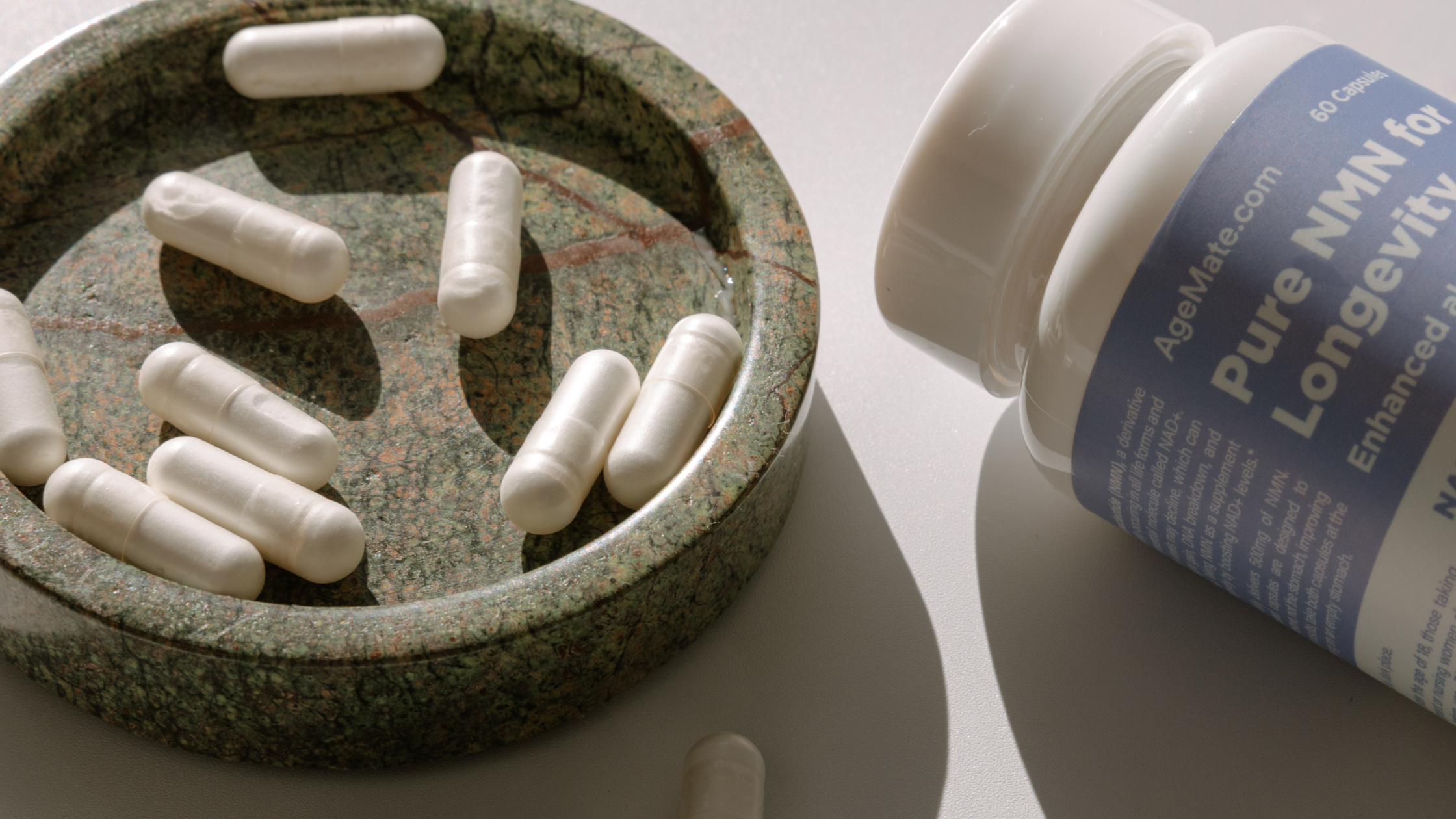Key Takeaways
- Nighttime erections are vital indicators of men’s overall health and are directly linked to cardiovascular and hormonal well-being.
- Addressing lifestyle factors like sleep, diet, and exercise can significantly enhance and preserve penile health.
-
Tracking penile health through innovative tools and medical tests provides actionable insights for improving longevity and vitality.
Did you know that healthy men in their 20s experience over three hours of nighttime erections per night? This fascinating physiological process, known as nocturnal penile tumescence (NPT), is not solely about sexual function.
It plays a critical role in preserving tissue integrity, ensuring proper blood flow, and offering valuable insights into cardiovascular and hormonal health. By understanding and supporting penile health, you can gain a deeper awareness of your overall well-being and longevity.
Why Nighttime Erections Matter
NPT occurs during the REM stage of sleep and reflects the intricate interplay of hormonal, vascular, and neurological systems. A decline in the duration or frequency of NPT with age is natural, but a sharp or sudden decrease may indicate underlying health issues.
Research (R) has shown that erectile dysfunction (ED) often precedes symptoms of cardiovascular diseases by 3–5 years. Men experiencing ED are 70% more likely to suffer premature death due to conditions like heart disease, diabetes, or metabolic syndrome. This makes NPT a powerful early warning system for broader health concerns.

The Science Behind Nighttime Erections
Oxygenation and Tissue Health
NPT helps maintain the structural integrity of penile tissues by delivering oxygen-rich blood during erections. This process prevents fibrosis, a condition where scar tissue accumulates and diminishes penile function over time (R).
Hormonal and Neurological Interplay
Testosterone, the primary male hormone, is integral to achieving and maintaining erections. Adequate levels of testosterone support libido and vascular dilation, ensuring efficient blood flow. Neurological health also plays a role; damaged nerves, often due to conditions like diabetes or injury, can disrupt the NPT cycle (R).
The Sleep Connection
REM sleep triggers NPT, linking penile health to sleep quality. Chronic sleep disturbances such as insomnia or sleep apnoea not only disrupt NPT but also elevate risks of hypertension and hormonal imbalances, further impacting erectile health (R).
Understanding Factors That Impact Penile Health
Healthy erections depend on optimal blood flow. Conditions such as high cholesterol, hypertension, and atherosclerosis can impede blood supply, leading to ED. Regular cardiovascular check-ups are vital for identifying and addressing these risks early.
Lifestyle Habits
Diet: A poor diet high in trans fats and sugars contributes to inflammation and vascular issues. Conversely, the Mediterranean diet—rich in fruits, vegetables, nuts, seeds, and omega-3 fatty acids—supports vascular health and hormone regulation (R).
Smoking and Alcohol: Both negatively affect blood vessels and reduce testosterone levels, exacerbating ED (R).
Stress and Mental Health
Stress increases cortisol levels, which inhibit testosterone production. Chronic stress also constrains blood vessels, reducing blood flow to the penis. Engaging in stress-reduction techniques such as yoga, mindfulness, or aerobic exercise can counteract these effects (R).

Monitoring Penile Health: Tools and Tests
Semen Analysis
A semen analysis evaluates sperm count, motility, and morphology, providing insights into reproductive and hormonal health (R).
Nighttime Erection Monitoring
Devices such as the Adam Health Sensor monitor NPT and provide data on frequency, duration, and rigidity. These metrics can highlight potential issues with blood flow, sleep, or hormones (R).
Prostate Health Checks
Prostate health directly influences sexual function. Regular prostate exams can detect conditions such as benign prostatic hyperplasia (BPH) or prostate cancer early, preventing complications that affect erections (R).
Blood Flow and Hormonal Testing
Tests like penile Doppler ultrasound measure blood flow in the penile arteries, while hormonal panels assess testosterone and related hormone levels. These evaluations identify underlying barriers to optimal penile health (R).
Steps to Improve and Preserve Penile Health
1. Optimise Sleep
Quality sleep is the cornerstone of overall and penile health.
- Aim for 7–9 hours of uninterrupted sleep nightly.
- Develop a consistent bedtime routine by limiting screen time and blue light exposure.
- Treat sleep disorders such as sleep apnoea to improve REM cycles and, consequently, NPT (R).
2. Adopt a Balanced Diet
- Leafy Greens: High in nitrates, which promote nitric oxide production, a molecule essential for blood vessel dilation (R).
- Nuts and Seeds: Rich in zinc and magnesium, supporting testosterone production and vascular health.
- Omega-3 Fatty Acids: Found in fatty fish, these improve circulation and reduce inflammation (R).
3. Exercise Regularly
- Aerobic Exercise: Improves cardiovascular health, reducing ED risk.
- Strength Training: Enhances testosterone levels, benefiting libido and erection quality.
- Pelvic Floor Exercises: Strengthen the muscles involved in achieving and maintaining erections (R).
4. Manage Stress
Stress management is essential for maintaining hormonal balance and blood flow.
- Practice mindfulness techniques such as meditation or deep breathing.
- Engage in hobbies or outdoor activities to reduce cortisol levels (R).
5. Consult a Specialist
Early detection of issues leads to better outcomes. If you experience persistent changes in erectile function, consult a urologist or endocrinologist for a comprehensive evaluation.

Innovative Tools for Penile Health
Emerging technologies are revolutionising the way men monitor and maintain penile health. The Adam Health Sensor, for example, offers a non-invasive way to track NPT and provides insights into a man’s “AndroAge,” an innovative marker of male physiological health. These tools empower men to make proactive, data-driven decisions about their health.
The Broader Implications of Sexual Health Metrics
Penile health is more than just a measure of sexual performance. It reflects cardiovascular, neurological, and hormonal well-being. Tracking and optimising these metrics not only enhances quality of life but also contributes to reduced risks of chronic diseases, supporting longevity.
Interested in learning more on the topic of penile health? Read our blog: Erectile Dysfunction and its Link to Ageing.





